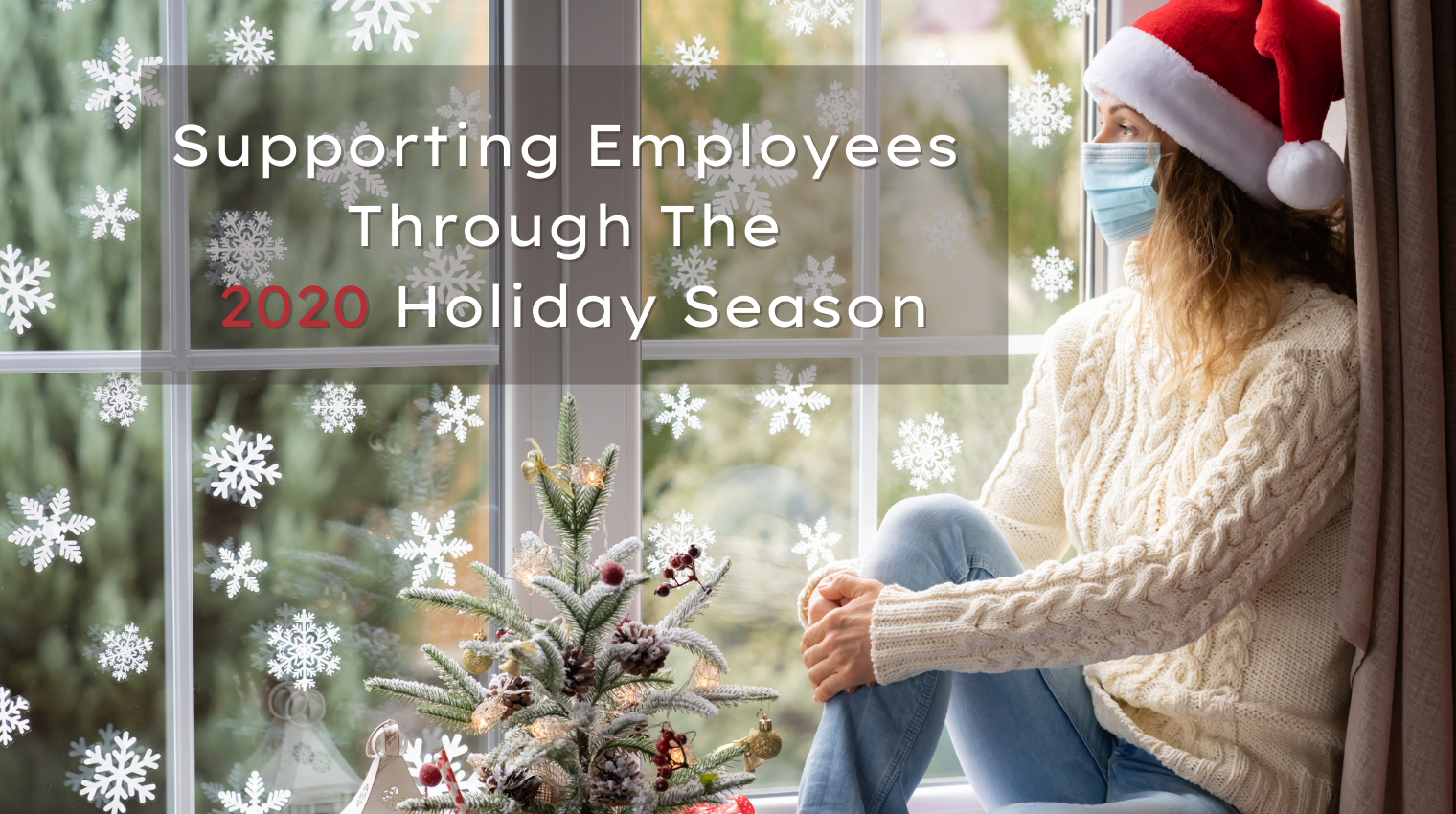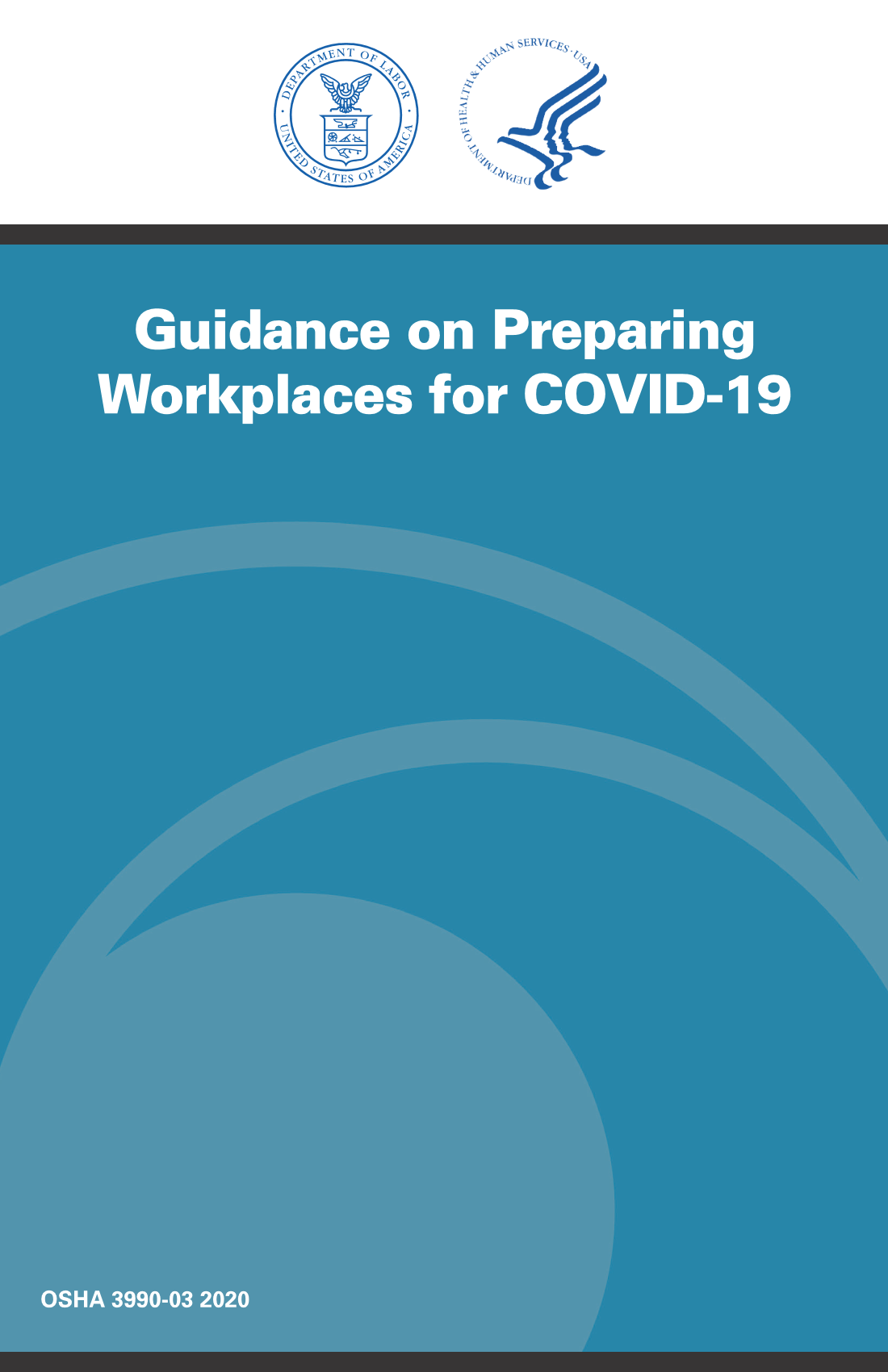The COVID-19 pandemic has changed many aspects of daily life—including how employees celebrate the holidays. The Centers for Disease Control and Prevention (CDC) urged all Americans to avoid gathering and traveling for the holiday season. This may include—but is not limited to—Hanukkah, Christmas, Kwanzaa and New Year’s Eve.
Although following the CDC’s advice is essential to prevent the spread of COVID-19, canceling trips and holiday plans can make for a lonely holiday season for many employees. Here are a few ways to support employees during this unprecedented holiday season.
Employee Mental Health and the Holidays
The holiday season is traditionally a stressful one for employees in general, but employees will likely be more stressed out this year due to the COVID-19 pandemic and having to cancel holiday plans. An employer’s role is to support employees—including their mental health and well-being. That support is even more important during a global pandemic and an unprecedented holiday season, as employees may be struggling to cope with the uncertainty.Best Practices for Supporting Employees
How you choose to support employees during this stressful and potentially lonely holiday season depends upon your organization’s values, culture and budget. However, there are a handful of low- to no-cost ways you can provide support. This includes the following best practices:

Connect with employees. Intentionally check in on a regular basis. The best way to help employees is to start by asking how they are doing. Employees may choose not to engage, and that’s fine too, but it’s important to approach that conversation. Additionally, consider asking what kind of support would be helpful to your employees, and reinforce that the door is open if and when they’d like to talk.
Model healthy behaviors. To be a good example to other employees, prioritize self-care and set boundaries. Be vocal and open about what you’re doing to take care of yourself and avoid burnout.
Be vulnerable. To help decrease the stigma of mental health challenges, be transparent about personal struggles or experiences. Doing so can help other employees feel comfortable talking about how they’re truly doing during the pandemic and this holiday season.
Host a virtual holiday event. If your budget and workload allow, consider hosting a virtual holiday event. By offering a safe way to celebrate the holidays, you may help employees combat feelings of loneliness or disappointment if they have to cancel their own personal holiday plans. Check out our post on How To Throw A Virtual Holiday Party here.
Communicate regularly. Help remove unnecessary stress by setting expectations about workloads and clarifying any modified work hours. Strive for weekly communications from the organization to inform employees about company news and updated policies related to the pandemic.
Model healthy behaviors. To be a good example to other employees, prioritize self-care and set boundaries. Be vocal and open about what you’re doing to take care of yourself and avoid burnout.
Be vulnerable. To help decrease the stigma of mental health challenges, be transparent about personal struggles or experiences. Doing so can help other employees feel comfortable talking about how they’re truly doing during the pandemic and this holiday season.
Host a virtual holiday event. If your budget and workload allow, consider hosting a virtual holiday event. By offering a safe way to celebrate the holidays, you may help employees combat feelings of loneliness or disappointment if they have to cancel their own personal holiday plans. Check out our post on How To Throw A Virtual Holiday Party here.
Communicate regularly. Help remove unnecessary stress by setting expectations about workloads and clarifying any modified work hours. Strive for weekly communications from the organization to inform employees about company news and updated policies related to the pandemic.

Highlight available resources. Last but not least, it’s important to make employees aware of available mental health resources and encourage them to use such offerings. The most commonly desired workplace features are an open and accepting culture, clearer information about where to go or who to ask for support, and training to help managers have productive behavioral health conversations.
Remember, everyone’s situation is different, so it’s important to remain sensitive to the fact that some employees may be carrying on as usual during these times, while others may be struggling. The COVID-19 pandemic continues to disrupt employees’ lives across the country, creating additional stress, worry and disappointment for many. Supporting employees during difficult times such as these has never been more important.








